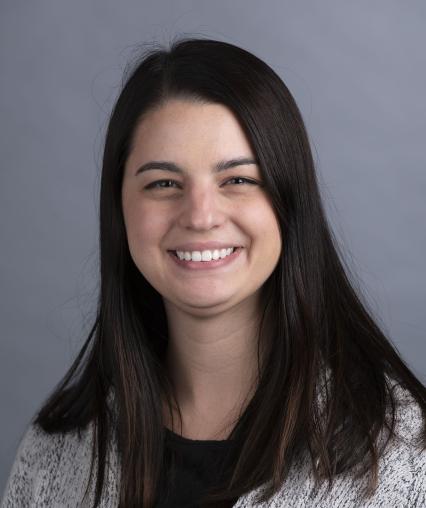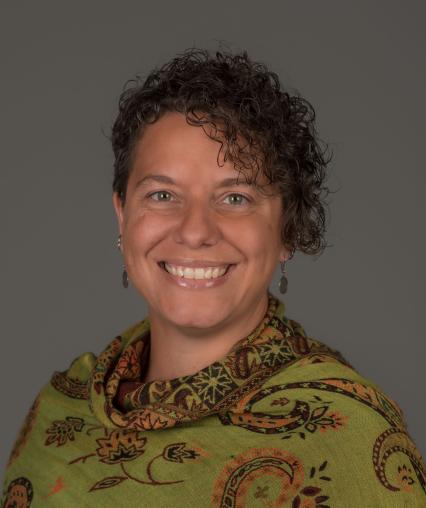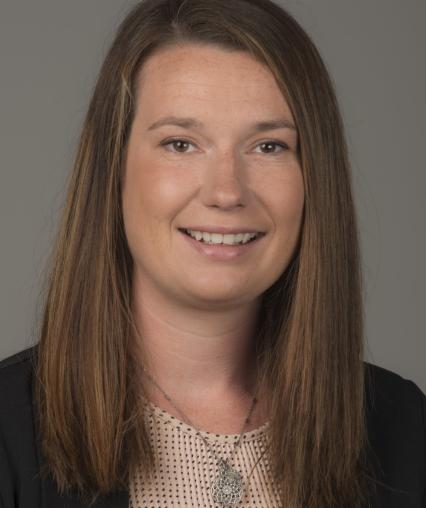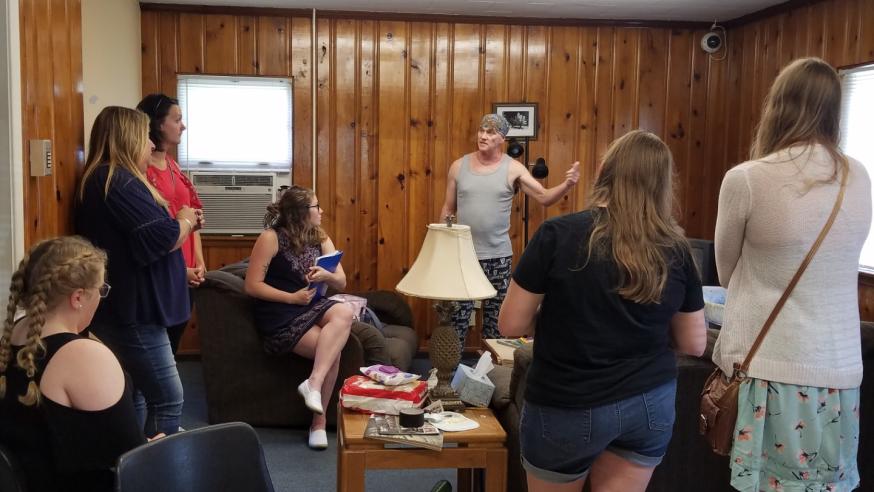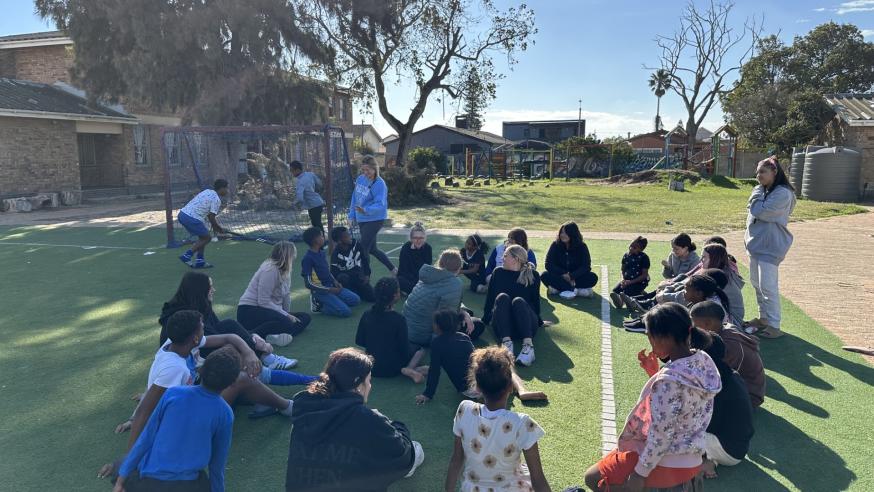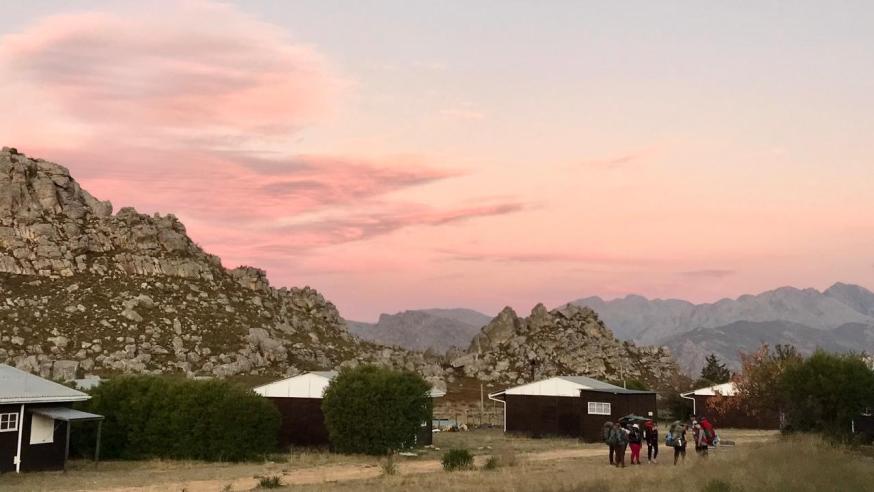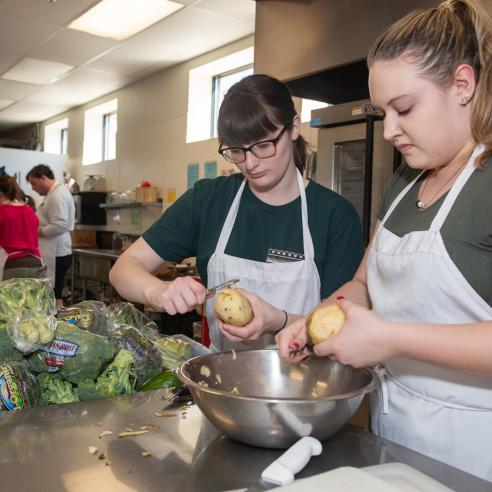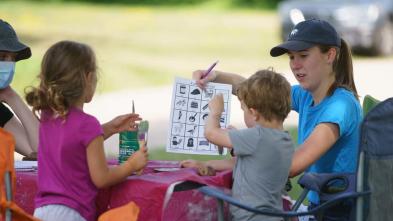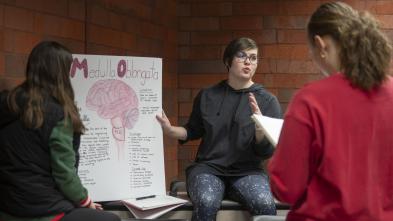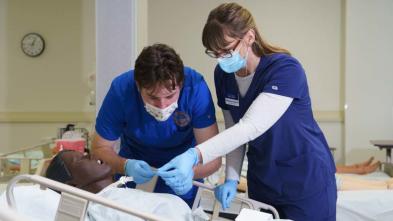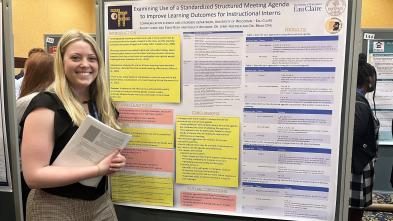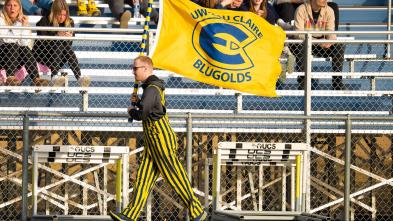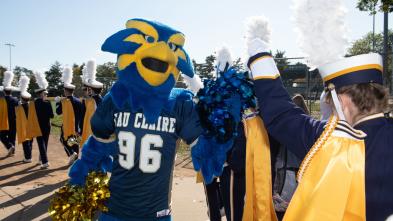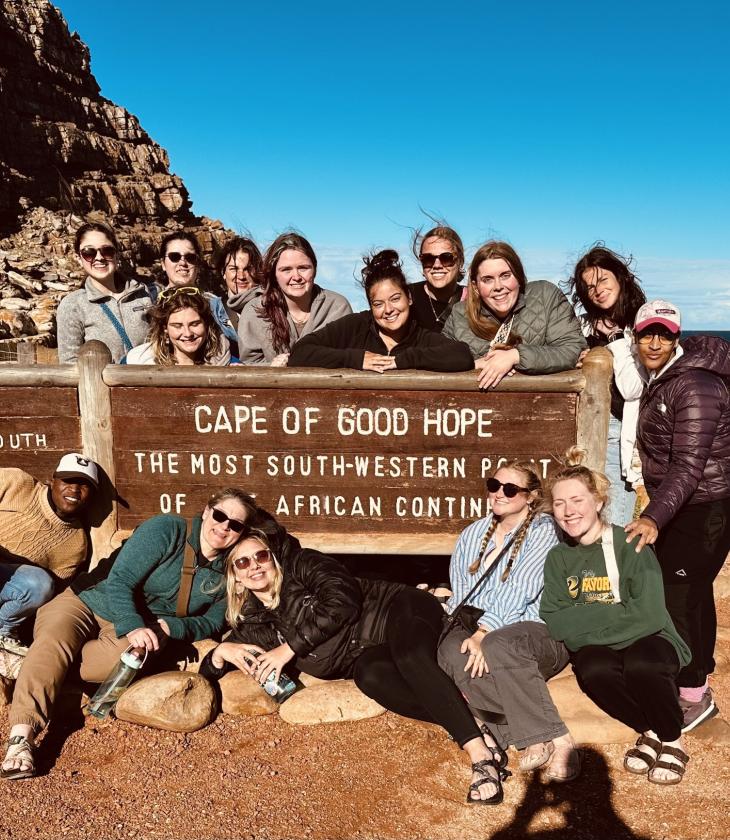

Child Advocacy
A minor in Child Advocacy is beneficial for any student planning to pursue a career in which they will be a mandated reporter of child maltreatment and neglect. Gain a multi-disciplinary understanding of abuse, maltreatment, and neglect to better recognize, react to, and respond to trauma in culturally informed ways. The Child Advocacy curriculum is offered in collaboration with the Zero Abuse Project's Child Advocacy Studies Training (CAST) Program.
Where Skills and Knowledge Unite
In 2022, there were 73,177 Mandated Reporter reports filed in Wisconsin. Of that number, 30.3%, or approximately 22,000, resulted in further investigation. The majority of reports filed each year come from professionals outside of social work. It is critical to practice the skills necessary to document and report observed incidences to increase understanding around specific professional roles and responsibilities. Through increased understanding, future professionals will be able to better communicate and ensure that children are safe and families receive appropriate services.
Each student who completes the child advocacy minor engages in experiential learning opportunities. One of the key components of this minor is that students complete either 100 hours of direct contact with children through an internship of their choosing, engage in an immersion that focuses on child welfare, or develop a learning project specific to their desired interests through an independent or direct study course.
Program Details
Blugold Stories
JustThe Facts
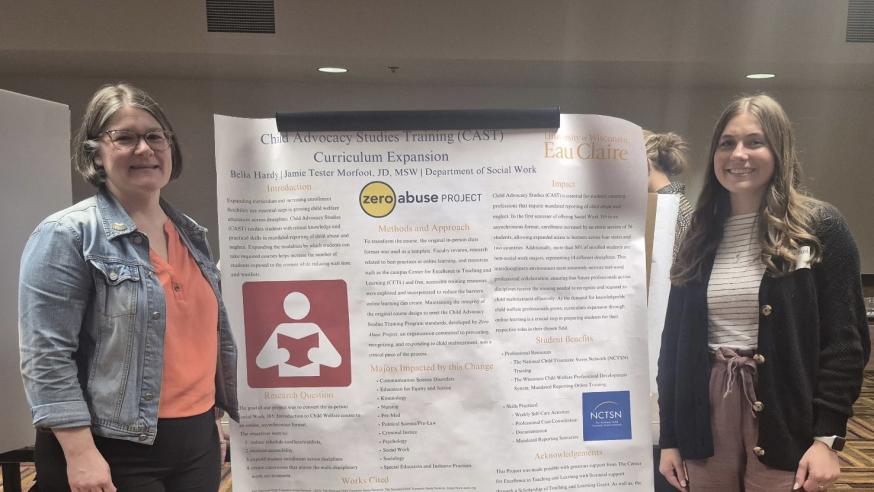
Where can the child advocacy program lead me after graduation?
Child welfare workers serve many disciplines with one purpose. The child advocacy curriculum provides an excellent framework to prepare students for a multitude of professional settings. The minor provides skills that will be beneficial for students who leave UWEC straight into the workforce, as well as those who pursue careers requiring a graduate degree and additional specialized training.
Child advocacy students create a classroom of cross-disciplined learners, more accurately replicating the work environment that child welfare professionals perform their day-to-day jobs in. Child welfare professionals range from doctors and lawyers to domestic violence advocates and middle school gym teachers.
Example Careers
- PreK-12 educators
- Law enforcement
- Social workers
- Nurses
- Psychologists
- Pediatricians
- Chiropractors
- Dentists
- Speech language pathologists
- School counselors
- Probation/parole officers
- Lawyers
The minor is comprised of various courses within social work, psychology, criminal justice, American Indian studies, and more. Students will also complete one of the following: a 100-hour placement in a child welfare setting; a domestic or international immersion experience related to child welfare; or a directed or independent study related to child welfare.
Here are a few courses in Child Advocacy at UW-Eau Claire.
SW 290
Human Rights and Global Justice
This course provides a basic understanding of universal human rights and global justice. Social issues will be explored from a variety of perspectives, and field visits to local agencies/programs are required.
SW 389
Understanding Trauma
This course is focused on the concept of trauma, the impact of trauma on the well-being of individuals, and how to engage with others in a trauma-informed manner. The course is designed to enhance the knowledge and skills of individuals who plan to work in health, human service, or educational settings.
SW 492
Advanced Child Welfare
An exploration of issues in our society that impact the welfare of children in the context of social justice and disproportionality. Particular attention will be paid to providing students with the knowledge of types of services available to dependent, neglected, abused, and justice involved youth.
Get More Info
Sign up to receive additional information about our campus.
Meet the Faculty
